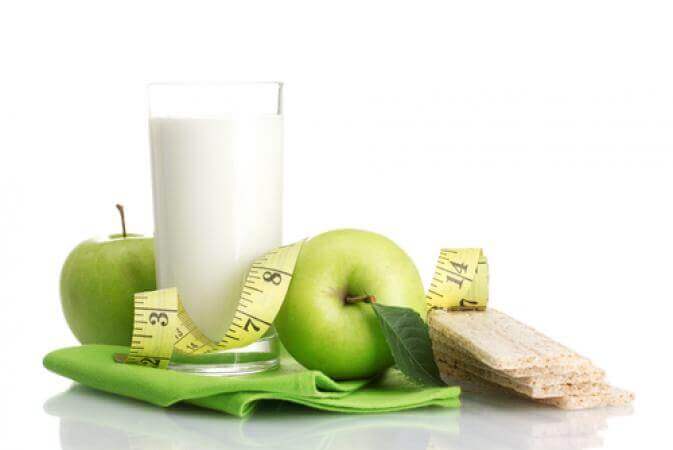Does Rapid Weight Loss Lead to Gallstones?
Getting gallstones after losing a large amount of weight is no reward. Find out how to avoid getting gallstones after weight loss.
Monica Reinagel, MS, LD/N, CNS

by Monica Reinagel, M.S., L.D./N.
Q. Ten years ago, I lost about 100 pounds rather quickly and ended up with a case of gallstones—which I’ve since learned is a common side effect of rapid weight loss. I haven’t had any more trouble with gallstones but I have regained about 75 pounds and I need to lose the weight. Do you have any suggestions on how to avoid gallstones while I battle the weight?
Answer. Losing a large amount of weight is tough enough without painful gallstones as your “reward.” I can certainly understand your reluctance to go through that again. On the other hand, carrying 75 pounds of extra weight has its own serious complications. Fortunately, I think I can help you kill two birds with no stones. <groan>
The key is to lose the weight more slowly. Not only will that help head off those gallstones, it’s
Glass of kefir, green apples from Shutterstock

